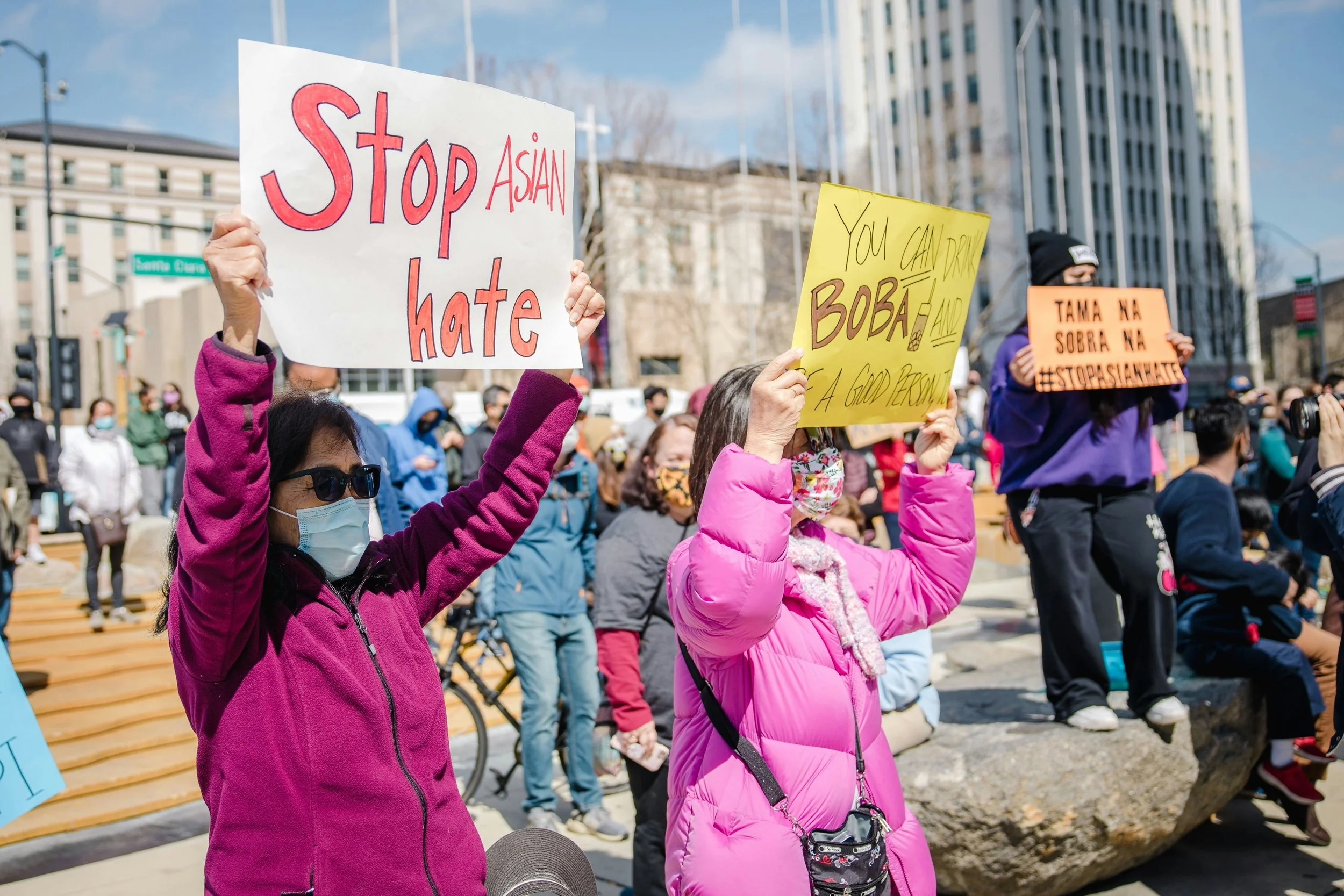Asian Hate Surges After Election: How Can Marketers Recognize and Pivot?
May is an opportunity to reflect and celebrate the important role the Asian Americans, Native Hawaiians, and Pacific Islanders have played in our shared history. It’s also important to recognize that these communities are still the target of hatred. The rise in abuse against AANHPI communities, fueled by the global COVID-19 pandemic in 2020, became widespread. Five years later, following the 2024 U.S. elections, incidents of hate have surged once again.
In a report released earlier this year, Stop AAPI Hate found that January 2025 marked the highest number of anti-Asian American incidents since the organization began tracking online discourse in August 2022. The numbers paint a troubling picture:
Between November 2024 and January 2025, Anti-South Asian slurs surged by 75%, increasing from 36,136 to 63,258.
Anti-East Asian slurs rose by 51% in the same period, climbing from 15,476 to 23,287.
Data shows racism continues to persist, and incidents are believed to be underreported and undercounted. The concern now is not just the hate, it’s also contributing to a wider erasure of culture and history. Earlier this month, the Pentagon mistakenly removed web pages honoring Japanese American servicemen.
As storytellers and marketers, we play a unique role in shaping perceptions, promoting belonging, and thwarting mis/disinformation. Here are a few ways you can pivot to stand against hate:
Champion Authentic Representation: Don’t fall into the trap of tokenism. Don’t treat representation as an afterthought. Amplify AANHPI voices authentically in campaigns. Avoid harmful stereotypes and instead highlight the diversity within AANHPI communities.
Lift Up AANHPI Creators: Support Asian American, Native Hawaiian, and Pacific Islander creators, influencers, and leaders by giving them a platform. Their stories help push back against mis/disinformation and promote positive conversations. When marketers and brands work with these voices, the community gets visibility and recognition.
Reevaluate Language and Messaging: Words matter. Take a close look at your brand's language, campaign slogans, and marketing materials to make sure they don’t spread stereotypes or exclude people. Pay attention to the history behind certain words and how they might be perceived today. Example: The phrase “no can do” originally emerged in the nineteenth century and mocked Chinese immigrants' speech patterns in English.
Marketers are a big influence on how people see the world, and we can take real action beyond performative social media posts. We can both recognize AANHPI communities and actively support and celebrate them.

